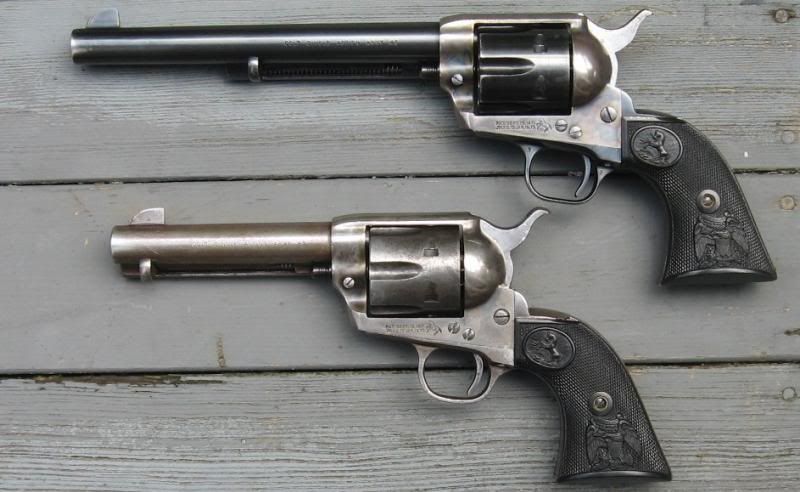RetiredUSNChief
Member
Howdy Again
I never meant to imply that simply working the action will normally cause a screw to loosen. That is certainly a problem.
And I certainly did not mean to imply anything untoward in my previous posting.
You bring up a good point about standards, Driftwood. Even by today's standards we occasionally see fastener issues, though the majority of them are often due to not following the standards themselves.
Maintaining fastener tightness is a function of several things, of which thread tolerances are only a part. The material itself, the various locking devices, and torquing pretty much comprise the remaining.
The washers you mention were one solution. Unfortunately, by your description, they were inadequately maintained, likely due to errors on Colt's part, either due to omission or ignorance. The washers likely would have been perfectly adequate had they understood, and passed it along to Colt owners, that they are a "use once, then replace" item. In otherwords, if you every remove the screw, replace the washer with a new one.
Sometimes engineering requirements are dictated this way, and with good reason. For example, in my world, there are some multi-position electrical rotary switches which come with a screw used to limit switch position to a specified number of positions. If this screw is ever removed, the technical manuals require that the screw be replaced with a new one in order to prevent it from backing out. Likewise for used self-locking nuts.
There's absolutely no reason to slather it all over the threads! Just a dab under the head of the screw is all you need.
Mike
You're right...there is no need to slather locking compound all over the threads. That's WAY too much. All it takes is a small dot on the threads and no more. Take a look, if you ever get an opportunity, at small screws that come with locking compound on them. Not knowing better, you'd swear it's nowhere near enough...but it is!



